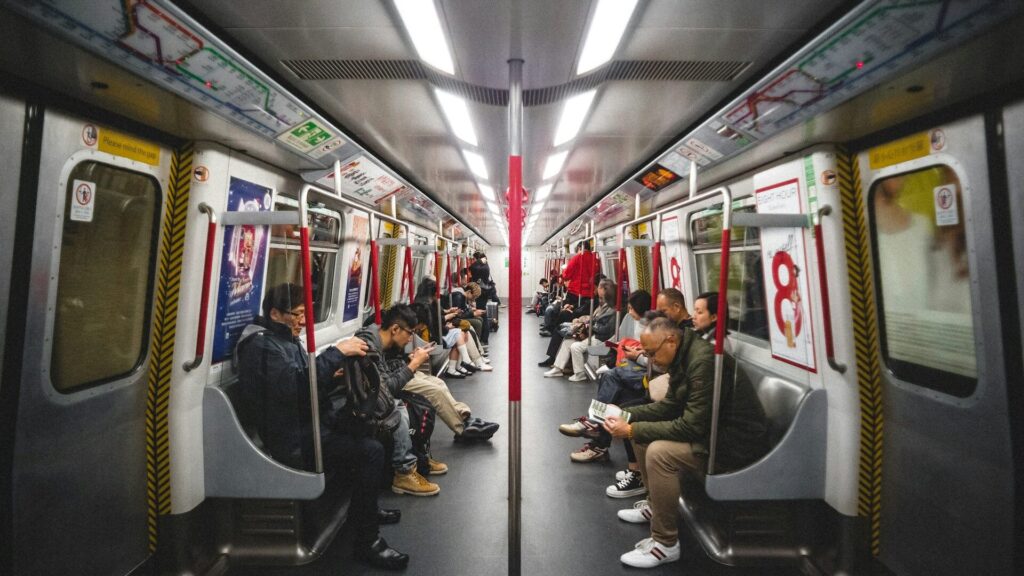Traveling allows us to experience different cultures and meet new people, but it also gives us the opportunity to show respect for their customs and values. Adapting to local culture not only demonstrates respect but also helps avoid misunderstandings and awkward situations. This guide will prepare you for your next trip with tips on greetings, etiquette, tipping, and more.
Basic Greetings and Phrases
When you visit a new country, learning a few phrases in the local language can significantly change how locals perceive you. Simple greetings like “good day,” “thank you,” and “please” show that you’ve made an effort and respect their language and culture.
Local Phrases: Try to learn simple phrases in the language of the country you’re visiting. For example, in Italy, you can say “Ciao” for hello or “Grazie” for thank you. While they may not expect you to speak fluently, locals will appreciate your effort.
Types of Greetings: In many Asian countries, like Japan and South Korea, bowing is a common greeting. In contrast, European countries often use handshakes, while in Latin America, it’s common to kiss on the cheek when greeting. Research ahead of time so you can greet locals in a culturally appropriate way.
Etiquette in Different Situations
Behavior and communication styles can vary greatly between cultures, so it’s important to know the basic etiquette in the country you’re visiting.
Behavior in Public Spaces: For example, in Nordic countries like Norway and Sweden, silence and maintaining distance in public places are valued. On the other hand, in Spain or Italy, locals are often louder and more open.
Visiting Religious Sites: When visiting religious sites, adhering to etiquette is crucial. In Southeast Asia, for example, it’s customary to remove your shoes before entering temples. In Islamic countries, appropriate attire is required—covering your arms and legs when entering mosques shows respect.
Interacting with Strangers: In some cultures, like Japan, displaying emotions in public is uncommon. In other cultures, like Brazil, people are more open and warm.
Tipping
Tipping practices vary significantly across the globe. In some countries, tipping is expected, while in others, it can even be considered rude.
USA: In the United States, tipping is mandatory and usually amounts to 15-20% of the bill. It is expected in restaurants, taxis, and hotels as part of basic service.
Japan: In Japan, tipping is considered rude because it is believed that workers should provide excellent service without expecting extra compensation. Even in restaurants, leaving a tip may cause discomfort.
Europe: In many European countries, tipping is not mandatory, but rounding up the bill or leaving 5-10% is usually appreciated. In Italy, France, and Spain, small tips for the staff are common but not expected.
Public Transport Rules
Public transportation is a great way to get around cities, but there are behavioral rules that differ across cultures.
Talking in Public: In Japan, it is considered impolite to talk on the phone or speak loudly in trains and buses, while in New York, chatting in the subway is completely normal. Adhering to local norms will help you blend in.
Priority Seats: In many Asian countries, there are seats reserved for the elderly, pregnant women, and people with disabilities. Although this rule exists worldwide, it’s more emphasized in some cultures.

Photography Rules in Public Spaces
Many travelers love to take photos, but it’s important to respect local rules regarding photography.
Photographing People: In some cultures, it is considered impolite to take photos of people without their permission, especially in rural areas or religious settings. In countries like Morocco and India, you can ask for permission before taking a photo of someone.
Restricted Photography Areas: In many places, such as government buildings and military sites, photography is strictly prohibited. For example, in the United Arab Emirates and parts of the Middle East, these areas are often protected by strict rules.

Conclusion
Traveling offers a chance to expand our horizons and experience different cultures. Adapting to local customs, whether it’s greetings, etiquette, or tipping practices, allows you to connect with locals and experience an authentic journey. These insights are based on practices that are common in certain countries, according to studies and experiences of travelers from these regions. The next time you travel, keep these tips in mind and get ready to be culturally aware and open to new experiences.
Sign up for newsletter to receive the latest travel tips and offers, and don’t forget to share your experience with me!


